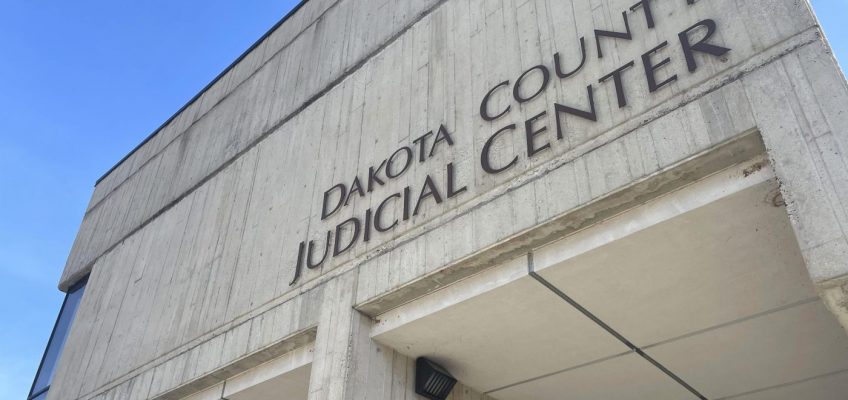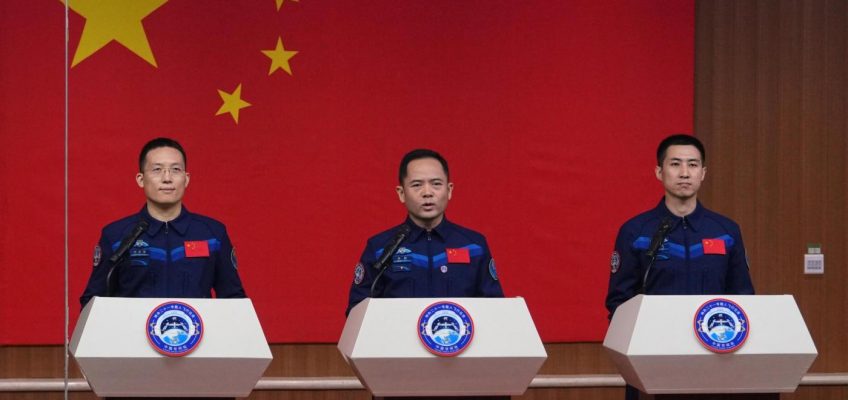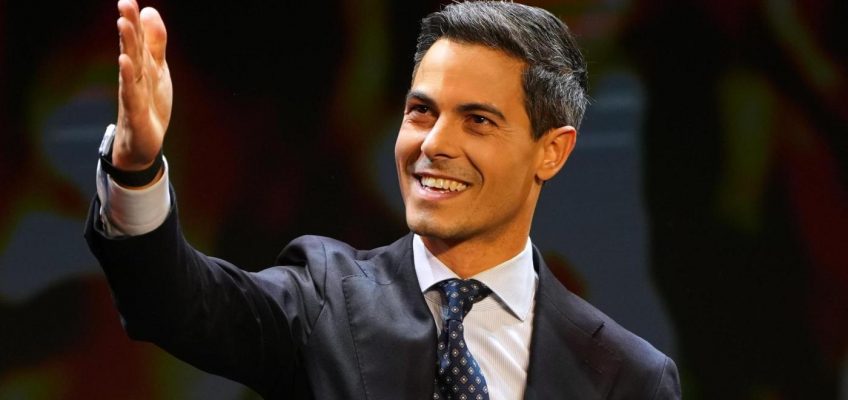By JOSH FUNK, AP Business Writer
OMAHA, Neb. (AP) — American farmers welcomed China’s promise to buy some of their soybeans, but they cautioned this won’t solve all their problems as they continue to deal with soaring prices for fertilizer, tractors, repair parts and seeds.
The Chinese promise to buy at least 25 million metric tons of soybeans annually for next three years will bring their purchases back in line with where they were at before President Donald Trump launched his trade war with China in the spring. But the 12 million metric tons that China plans to buy between now and January is only about half the typical annual volume.
“This is a very good thing. I’m very grateful,” said Iowa farmer Robb Ewoldt, who is a director with the United Soybean Board. “I don’t want to sound like a ungrateful farmer, but it doesn’t cure everything in the short term.”
Agriculture Secretary Brooke Rollins said China also agreed to remove all its retaliatory tariffs on American ag products, which should open the door for sales of other crops and beef. Plus, China promised to resume buying U.S. sorghum, which is another crop largely used for animal feed that depends on that market. More than half the sorghum and soybean crops are exported every year with much of that going to China.
Having these promises from China should make it easier for farmers to get the loans they need heading into next year, but Ewoldt said “I hope the administration doesn’t think that this solves everything in the next 6 to 8 months or ten months.”
Trump had promised to offer farmers a significant aid package this fall to help them survive the trade war with China, but it’s been put on hold because of the ongoing government shutdown. Rollins said that aid package is still in the works, but she promised the administration is ready to “step in the gap” and address any sort of harm the trade war has caused farmers.
“We’ll see what the market does and we will be ready to continue to step in if in fact, we believe it’s necessary,” Rollins said.
China is the world’s largest buyer of soybeans. It had been consistently buying about one quarter of the American crop in recent years. China bought more than $12.5 billion worth of the nearly $24.5 billion worth of U.S. soybeans that were exported last year.
China quit buying American soybeans this year after Trump imposed his tariffs. Yet it had been steadily shifting more of its purchases over to Brazil and other South American nations ever since Trump’s initial trade war with China in his first term.
Last year, Brazilian beans accounted for more than 70% of China’s imports, while the U.S. share fell to 21%, World Bank data shows. Argentina and other South American countries also are selling more to China, which has diversified to boost food security.
Related Articles
Felony dropped after a man spent a month in a Tennessee jail for a Charlie Kirk post
Trump administration limits number of refugees to 7,500 and they’re mostly white South Africans
Erika Kirk’s words spotlight forgiveness in a divided nation
How Americans feel about changing the clocks, according to a new AP-NORC poll
Last-minute scramble over pay takes a toll on military families during the shutdown
Farmer Caleb Ragland, who is president of the American Soybean Association trade group, said this agreement lays the foundation for restoring China’s traditional purchases of 25 million to 30 million metric tons of American soybeans.
“This is a meaningful step forward to reestablishing a stable, long-term trading relationship that delivers results for farm families and future generations,” said Ragland, who farms near Magnolia, Kentucky.
Indiana farmer Brent Bible said this deal with China sounds good— as long as they actually do what they promised, unlike what happened with the trade agreement China signed with the United States in 2020 after Trump’s initial trade war. The COVID-19 pandemic disrupted trade between the two nations just as the agreement went into effect. In 2022, U.S. farm exports to China hit a record, but then fell.
“If we see actionable purchases and follow through by China, then it’s great,” Bible said.




